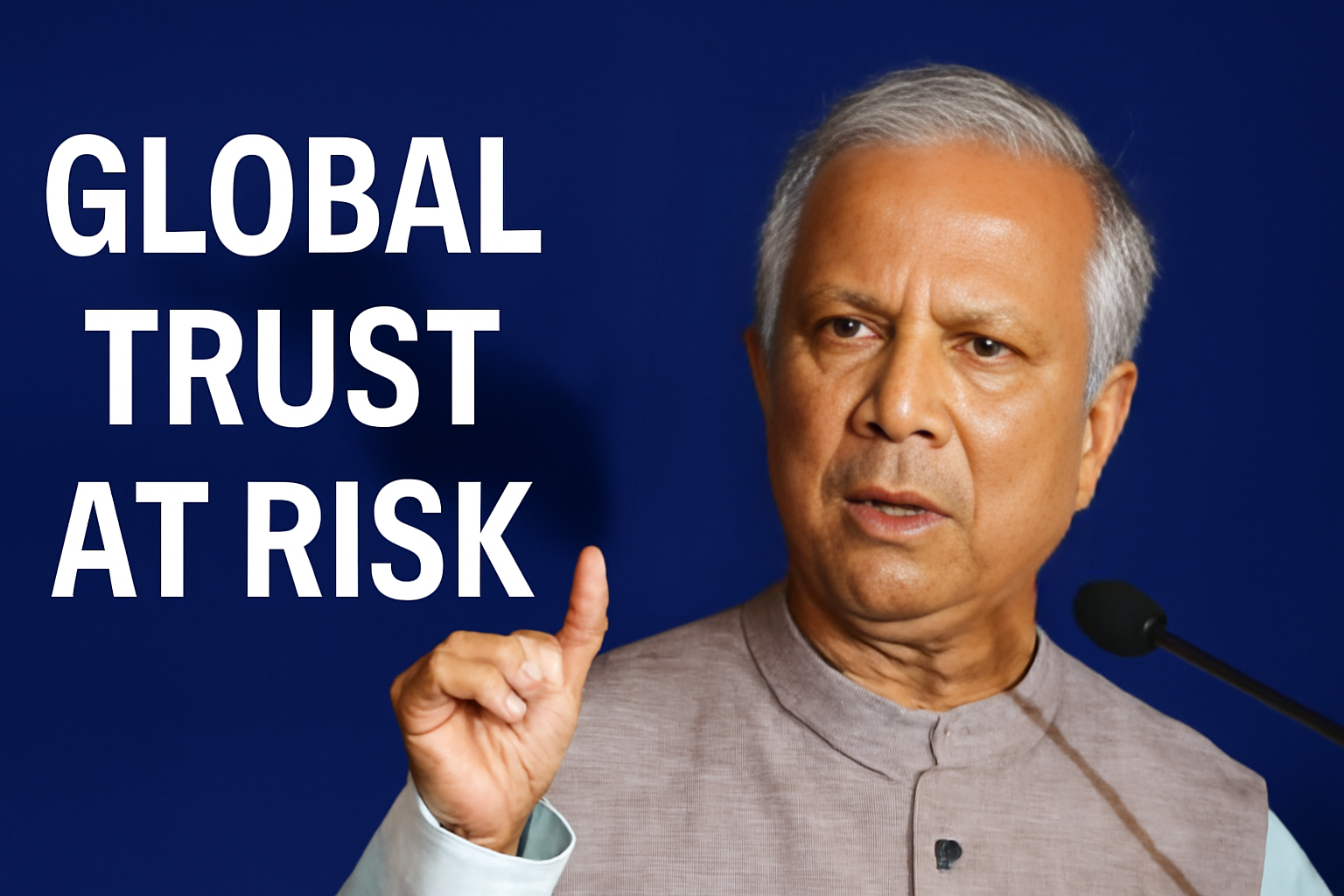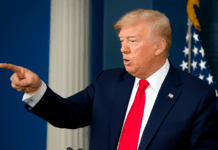The State of Global Trust
Chief Adviser Professor Muhammad Yunus addressed the Nikkei Forum: 30th Future of Asia in Tokyo on Thursday, highlighting the alarming decline in global trust amidst growing uncertainty. He emphasized that trust is faltering not only between nations but also within societies, and between citizens and institutions.
Yunus noted the increasing tensions worldwide, where peace is fragile and cooperation is no longer a guarantee. He pointed out that conflicts are erupting across regions, making peace harder to achieve.
Escalating Conflicts and Humanitarian Crises
Professor Yunus discussed the devastating impact of ongoing wars and conflicts. Countries like Ukraine, Gaza, and those in Southeast Asia have been severely affected, with thousands losing their lives and livelihoods. Particularly concerning is the civil war in Myanmar, exacerbated by a recent earthquake that deepened the existing humanitarian crisis.
Additionally, he mentioned that two neighboring countries had fought a short but costly war, leading to the loss of countless resources. Yunus expressed his disappointment that billions are spent on warfare, leaving millions of people starving or struggling for basic needs.
Climate Change, Trade Restrictions, and Economic Inequality
Yunus also touched on global challenges beyond war. He mentioned that millions are displaced by climate change, while technological advancements, though promising, raise new ethical dilemmas. Moreover, trade restrictions continue to challenge the foundations of free trade, with economic inequalities growing both within and between nations.
In recent times, Yunus observed how such divisions have contributed to instability in countries like Bangladesh and South Korea, leading to significant political changes.
Bangladesh’s Transformation and Global Role
Reflecting on Bangladesh’s recent political changes, Yunus shared that a student-led mass uprising brought about a transformational shift in the country. This led to the formation of a new government focused on fulfilling the people’s aspirations, ensuring justice, and preparing for a free and fair general election.
Despite facing internal challenges, Bangladesh has played an active role in global peace efforts. The country has participated in UN peacekeeping missions and offered humanitarian support by hosting over a million Rohingya refugees fleeing persecution in Myanmar.
Asia’s Role in Shaping a Better Future
Asia, home to more than half of humanity, finds itself at the heart of both uncertainty and possibility. Yunus expressed his belief that Asia has an opportunity to show a different path—one focused on peace, dialogue, and inclusive growth. The region must prioritize not only economic growth but also the well-being of its people.
He emphasized that the decisions we make today will shape the future for generations. Yunus called for global cooperation to create solutions that are inclusive, fair, and rooted in shared humanity.
A New Economy Based on Compassion
Yunus called for a new economic model—one based not just on competition but on compassion. He highlighted the importance of shifting the focus from individual profits to collective well-being, from short-term gains to long-term vision. Reflecting on his journey with the Grameen Bank, he explained that people are born with limitless potential, and the right opportunities are key to unlocking it.
He presented his vision for a world with zero poverty, zero unemployment, and zero net carbon emissions, a direction that governments, businesses, and individuals can work toward.
Social Business and Sustainable Solutions
Professor Yunus highlighted the role of social business in building a more compassionate economy. Unlike traditional businesses, social businesses aim to solve problems rather than simply generate profits. He called for businesses to focus on care, not just consumption, and for all sectors to adopt a more socially responsible approach.
The Future of Asia: A Call to Action
Concluding his speech, Yunus praised the Nikkei Forum as a platform of hope, where dialogue leads to solutions. He stressed that the future of Asia is not just about economics or geopolitics but about people, ideas, and courage. He urged leaders to be guided by possibility, not fear, and to work together with purpose.
Professor Yunus concluded by stating that the future of Asia is unwritten, and together, Bangladesh and Japan can help rewrite the destiny of Asia—and the world.





















